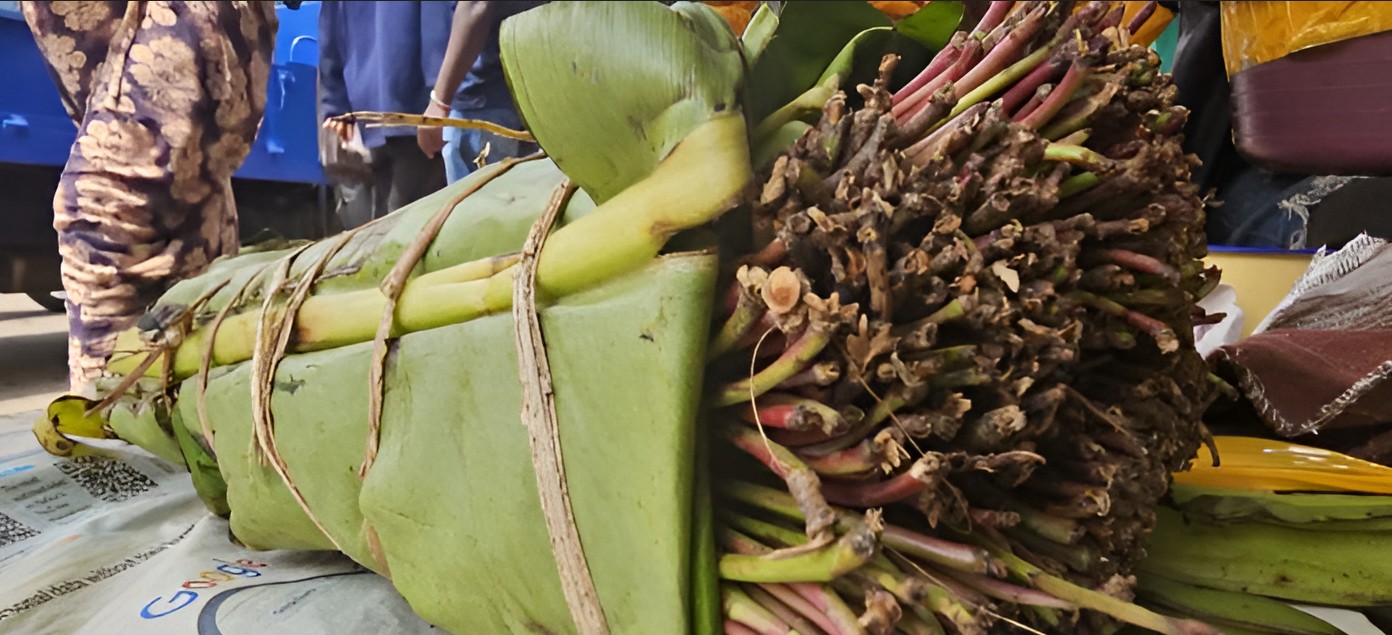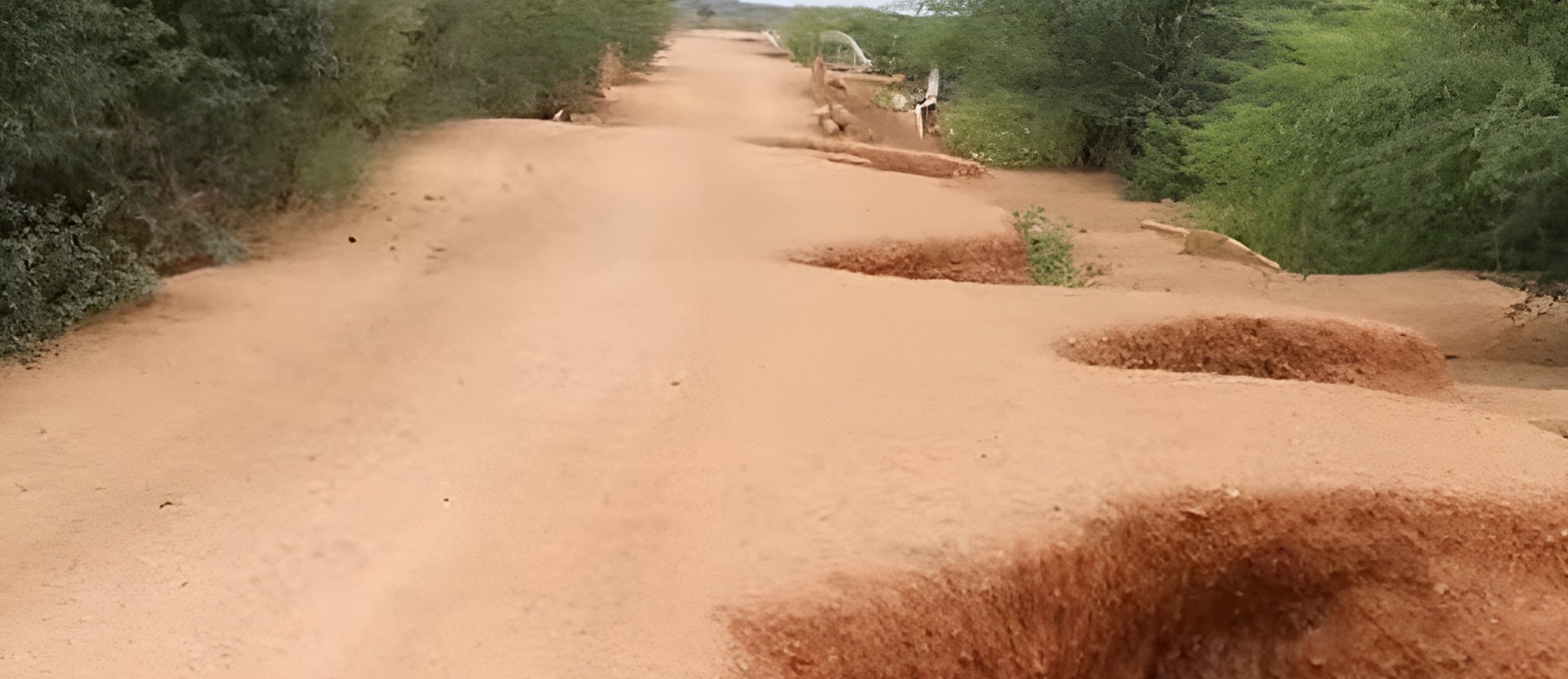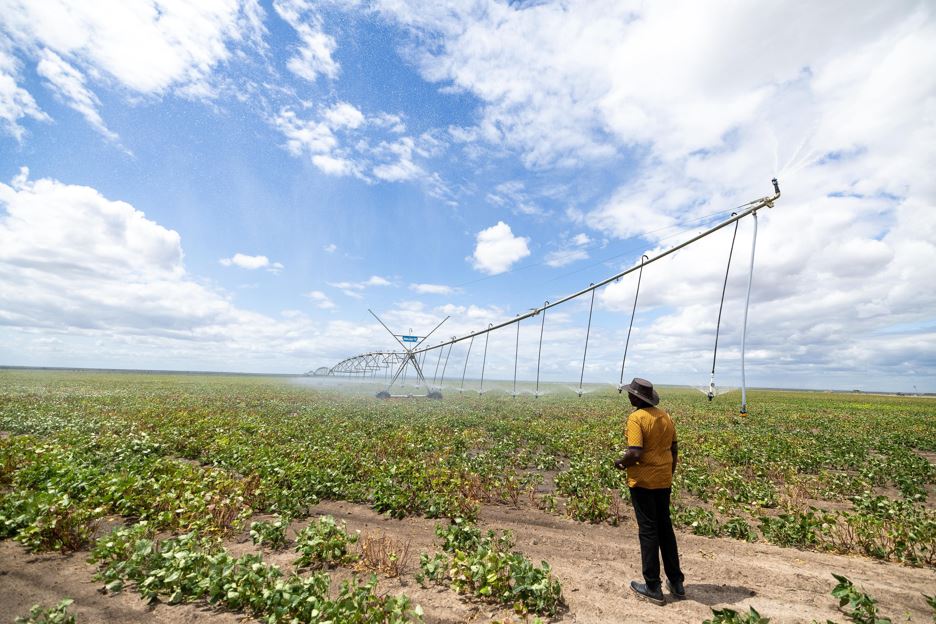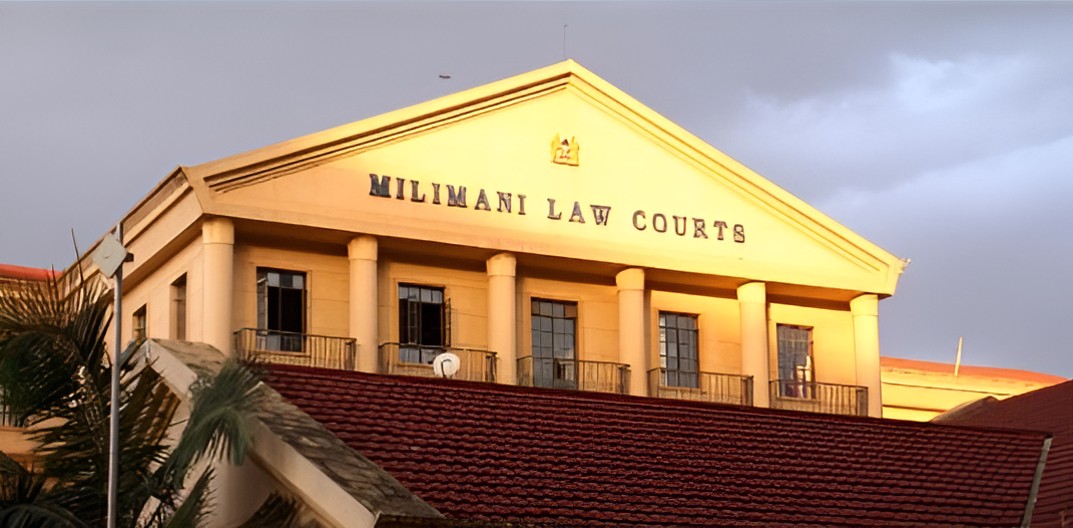Kenya secures Djibouti as new miraa export market in major boost for farmers

The development marks a significant milestone for Kenya’s miraa sector, which has been seeking to diversify its export markets and reduce reliance on traditional destinations.
Kenya has officially secured Djibouti as a new export destination for miraa (khat), in a move expected to boost farmer incomes and strengthen bilateral trade ties.
The Agriculture and Food Authority (AFA) confirmed on Wednesday that Djibouti has agreed to open its market to Kenyan Miraa, following a year of sustained trade negotiations between the two countries.
More To Read
- Kenya bans export, transit of raw macadamia nuts to protect local industry
- MPs demand tough action on reckless miraa drivers
- Authority grants import levy exemption for nuts and oil crops from EAC countries
- Miraa farmers struggle to sell produce as traders reject new prices in Kagwe's directive
- No marriages, funeral prayers for Mandera men who chew khat in new rules to curb sale and consumption
- New miraa prices expected to improve farmers’ livelihoods, expand crop's farming
The development marks a significant milestone for Kenya’s miraa sector, which has been seeking to diversify its export markets and reduce reliance on traditional destinations.
In a statement, AFA Director-General Bruno Linyiru said the breakthrough was the result of coordinated efforts, including a trade mission to Djibouti in October 2024 and a follow-up visit by a Djibouti delegation in November
“AFA wishes to notify the public and stakeholders of new export opportunities for Kenyan miraa (khat) of Djibouti, following successful trade engagements between the two nations,” Linyiru stated.
“As a result of a trade mission to Djibouti in October 2024, and a reciprocal visit by a Djibouti delegation in November 2024, Djibouti has opened its market for Kenyan miraa, subject to regulatory compliance,” he added.
Comply with import rules
Exporters interested in the new market have been urged to comply fully with Djibouti’s import rules, including product quality standards and acquiring all relevant documentation.
AFA says the development is a key step in broadening Kenya’s miraa market and increasing earnings for producers.
“This new development marks a major milestone in diversifying Kenya’s miraa export markets. The traders are encouraged to take advantage of this new commercial opportunity and link up with buyers in Djibouti for business engagement,” Linyiru said.
Miraa, classified as a scheduled crop in November 2016 under the amended Crops Act of 2013, is one of Kenya’s most important cash crops. The designation enables the government to regulate and promote its production, processing, and marketing.
Expanded cultivation
Traditionally grown in Meru, Tharaka Nithi, and Embu counties, Miraa cultivation has expanded to other regions—including Marsabit, Kirinyaga, Nyeri, Murang’a, Machakos, Makueni, Laikipia, and West Pokot—driven by growing demand.
In February 2025, Agriculture Cabinet Secretary Mutahi Kagwe introduced revised prices to support farmers.
The price of grade one miraa was increased from Sh700 to Sh1,300, grade two from Sh350 to Sh700, while Alele miraa rose from Sh500 to Sh1,000.
During a visit to Meru on April 2, President William Ruto announced a government crackdown on miraa cartels, accusing them of exploiting farmers and preventing them from earning fair returns from the crop.
Top Stories Today














































